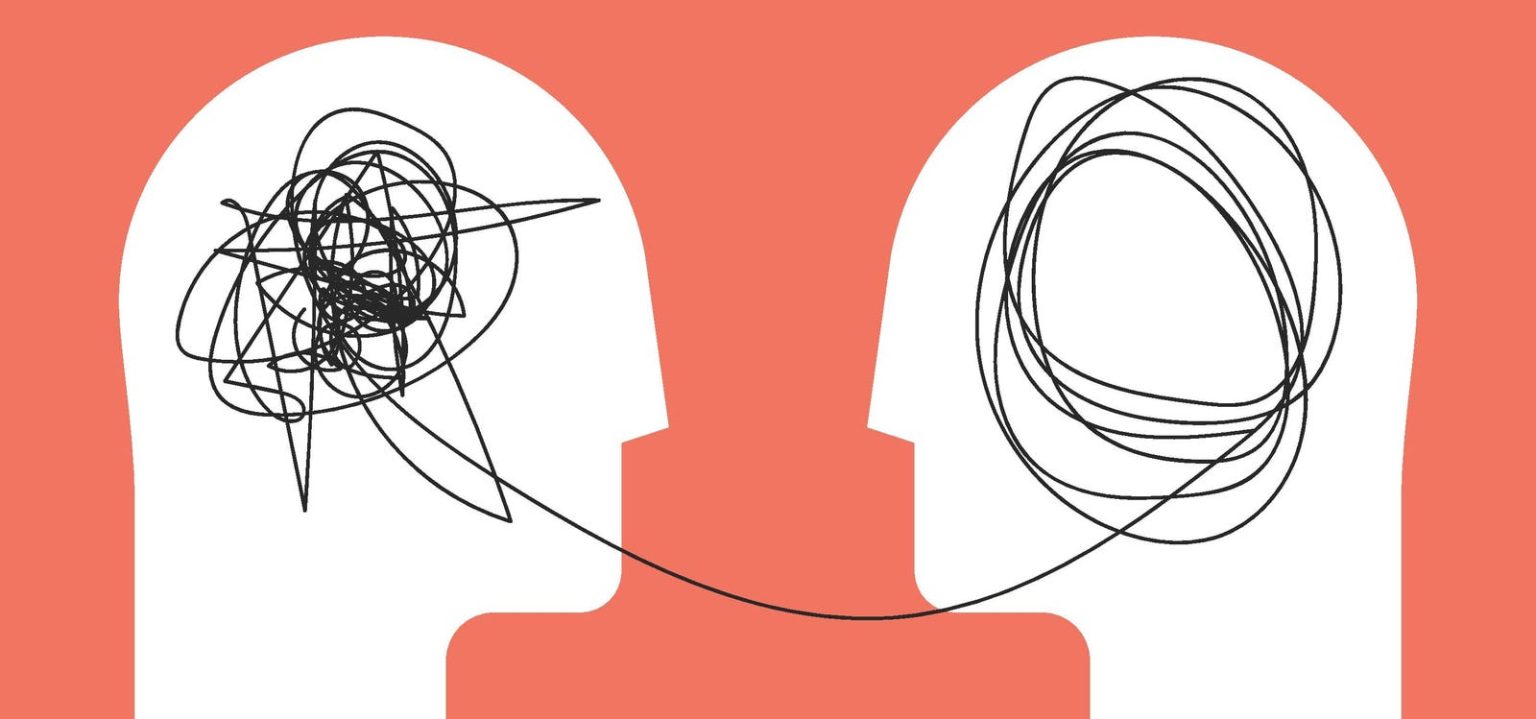The paradox of acceptance and change is a common struggle for many individuals. On the surface, acceptance and change may seem like conflicting concepts, but in reality, they are complementary processes that can work together towards personal growth and transformation. Acceptance is the first step towards meaningful change, as it involves facing reality without denial and making peace with what cannot be changed in the present moment. Only by accepting our current circumstances, no matter how uncomfortable, can we move towards creating positive change in our lives.
One practical way to navigate the paradox of acceptance and change is through the practice of radical acceptance. This concept, based on Dialectical Behavior Therapy, encourages individuals to fully embrace the present moment without trying to alter it or push away uncomfortable emotions. By accepting reality as it exists, we can free ourselves from the struggle against the inevitable and create space for clarity and insight. Radical acceptance opens up possibilities for transformation by breaking free from old patterns and expectations, allowing for a new perspective and decisive action towards change.
Another approach to finding harmony between acceptance and change is through Acceptance and Commitment Therapy (ACT). This therapeutic method focuses on helping individuals adapt to challenges by cultivating psychological flexibility and aligning behaviors with long-term values. ACT emphasizes core processes such as defusion, acceptance, being present, self as context, values, and committed action to enhance psychological flexibility and improve adaptation to difficult situations. ACT teaches individuals to live a more meaningful life, even in the face of uncertainty and change, by making conscious choices that align with their values and goals.
The key takeaway from navigating the paradox of acceptance and change is that true change begins with acceptance. By embracing the present moment with all its imperfections, individuals can trust in the power of change to lead them towards a brighter future. The dynamic interplay between acceptance and change is not a dilemma to be solved, but rather a process to be embraced as part of personal growth and development. By practicing radical acceptance and exploring Acceptance and Commitment Therapy, individuals can find a balance between accepting their current reality and working towards positive change in their lives.


